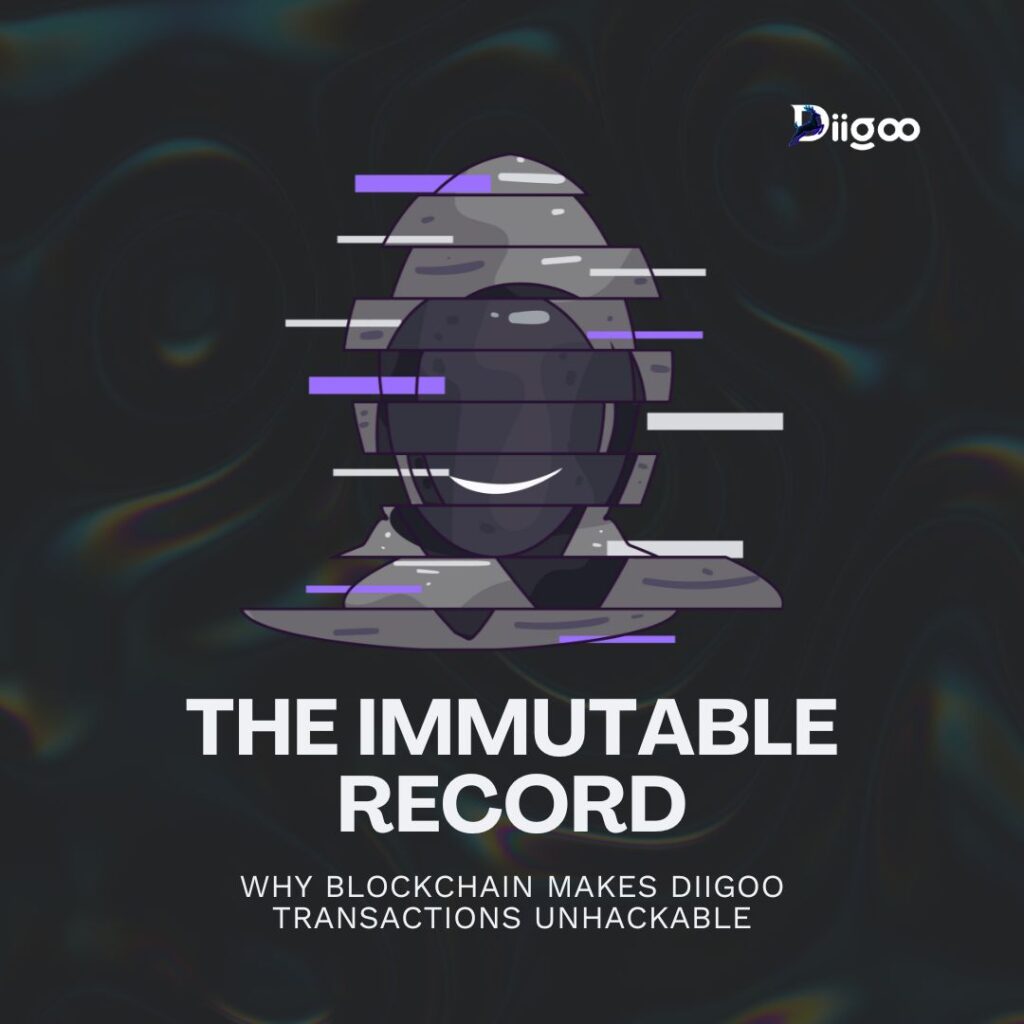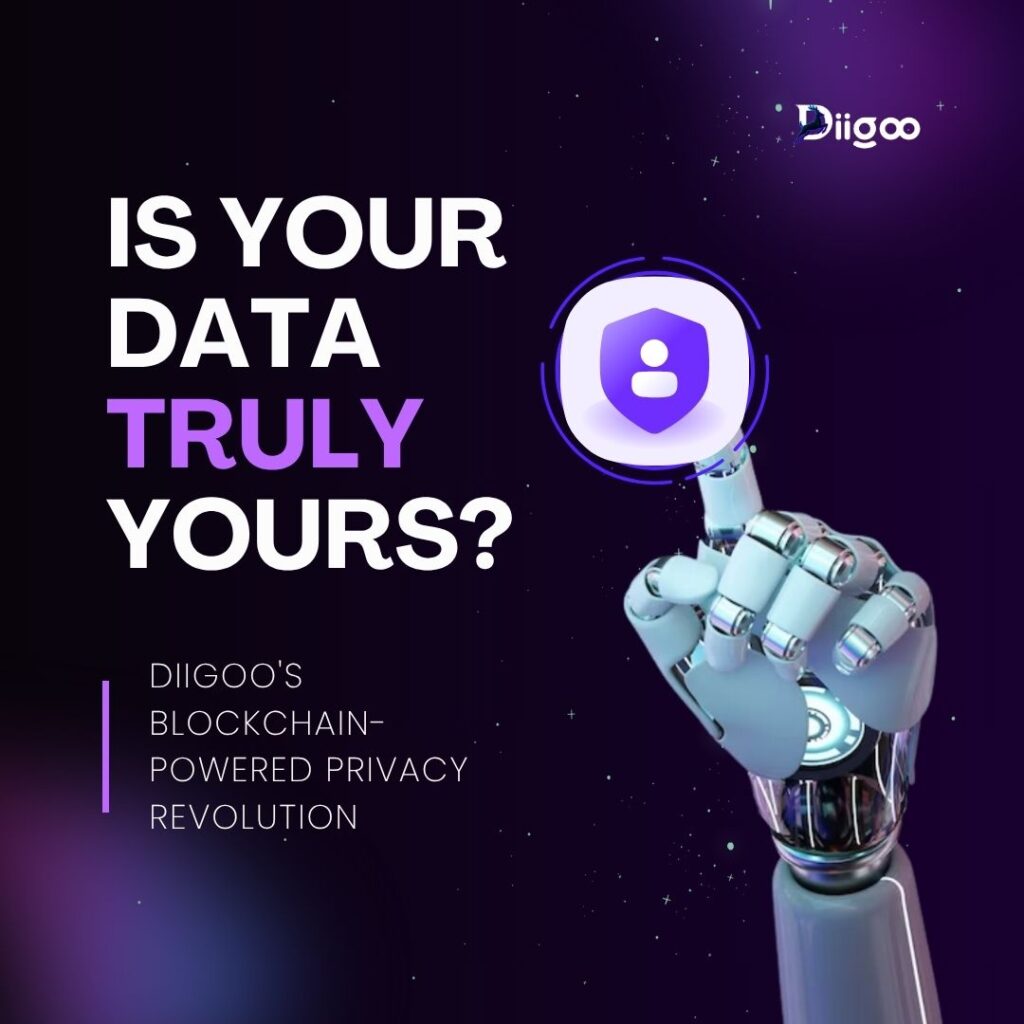In an increasingly digital world, our lives are intricately woven into the fabric of the internet. From cherished family photos stored in the cloud to valuable cryptocurrency holdings, our digital footprint grows larger each day. But have you ever stopped to consider what happens to this Digital Legacy Security after you’re gone? In the traditional world, estate planning handles physical assets. However, our digital lives demand a new approach, and Web3, powered by blockchain technology, offers groundbreaking solutions to ensure your digital assets and memories are safe and controlled for the next generation.
The Evolving Landscape of Digital Inheritance
For years, managing digital assets after a person’s passing has been a complex and often frustrating endeavor. Centralized platforms, like social media giants and email providers, often have opaque policies regarding account access and data transfer. Heirs frequently face legal hurdles, locked accounts, and the potential loss of invaluable memories or financial assets. This “digital inheritance vacuum” creates immense stress for grieving families and can lead to irreversible data loss.
Imagine a future where your loved ones can seamlessly access essential digital accounts, receive cryptocurrency holdings, or even manage your online identity without jumping through endless hoops. Web3, with its core principles of decentralization and user sovereignty, is making this a reality. Blockchain, Web3’s backbone, offers unprecedented security and control for your Digital Legacy Security. This isn’t just about passing on crypto; it’s about safeguarding everything from digital art and online businesses to cherished photos and vital documents.
Web3 and Blockchain: Crafting Your Immutable Digital Will
Blockchain technology introduces powerful tools for establishing a robust Digital Legacy Security plan. Smart contracts, self-executing agreements stored on the blockchain, can automate the distribution of digital assets based on pre-defined conditions. For instance, you can set up a smart contract to release specific cryptocurrency holdings to designated beneficiaries upon verification of your passing. This eliminates the need for intermediaries, reducing costs and potential delays often associated with traditional estate administration.
Decentralized blockchain storage keeps your critical digital data secure and accessible to heirs, free from central server vulnerabilities. Imagine your beneficiaries reassembling encrypted shares of sensitive data distributed across a network with unique keys. Cryptographic security ensures you protect and pass on your digital footprint as intended. As we move deeper into the Web3 era, proactive planning for your digital legacy is no longer an option – it’s a necessity.




